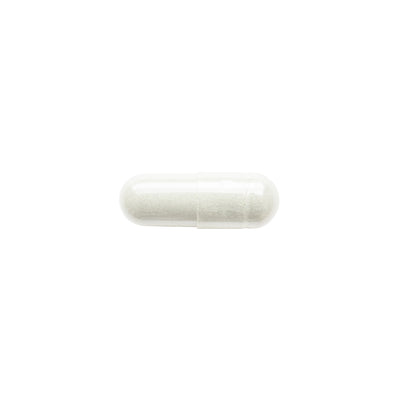Sleep Cleanses Your Brain

Most of us know from experience that lack of sleep can cause us to think less clearly, impair learning, lead to poor decision-making, even impair motor skills. Long bouts of insomnia can lead to increased risk of migraines, seizures, hallucinations, and eventually leads to death. A study recently published in Science (Xie L, 18 October 2013) may shed some light as to why sleep is so very necessary.
By imaging the brains of mice, researchers were able to see that the spaces between the brain cells of sleeping mice were 60% larger than in their brains while they were awake. This space allows fluids inside the brain to flow more freely during sleep. These fluids clear away neurotoxins that accumulate in the spaces between neurons due to normal brain function throughout our waking hours. The build-up of these toxins are associated with many diseases of cognitive decline, like Alzheimer’s Disease. Researchers found that while sleeping, the brain was able to clear away toxins twice as quickly as when awake.
If you have trouble sleeping, try considering the following:
-
Avoid eating large meals right before bed.
-
Avoid caffeine and chocolate late in the day. People process caffeine differently, so if you’re a regular coffee/tea drinker, you may want to experiment by cutting off your caffeine supply earlier in the day to see if that helps. Alcohol can also disrupt sleep for some people, especially since it can lead to heartburn for some people, and drinking too much before bedtime means you will likely need to get up and use the restroom during the night.
-
Be sure to get enough regular exercise. At least 30 minutes most days will help keep you fit, expend nervous energy, and reduce anxiety.
-
Try adding a relaxation technique to your evening routine, like meditation, yoga, or breathing exercises. These will help your mind and body relax and get ready for sleep.
-
Some herbs can help with relaxation and sleep:
- Valerian root has been recommended for centuries as a mild sedative for dealing with stress and treating insomnia. Research has supported these traditional uses, finding that small doses may have a sedative effect on the central nervous system and be beneficial to people suffering from stress and anxiety. Larger doses of a concentrated and standardized extract have been studied and found effective in inducing sleep when taken 30 to 60 minutes before bedtime.
- Tryptophan is an essential amino acid necessary for synthesizing the neurotransmitter, serotonin, which regulates sleep cycles. It is found in many protein containing foods (you’ve probably heard it blamed for the reason you’re so sleepy after Thanksgiving turkey!) but is also available in therapeutic doses as a supplement.
Not sure where to start?
You can take a look at our selection of supplements.
Need more personalized approach ?
Contact us via Chat, available 7/7 a professional naturopath will be happy to help you.
This information is not intended as a substitute for the advice provided by your physician or other healthcare professional or any information contained on or in any product label or packaging. Do not use the information from this article for diagnosing or treating a health problem or disease, or prescribing medication or other treatment. Always speak with your physician or other healthcare professional before taking any medication or nutritional, herbal or homeopathic supplement, or using any treatment for a health problem. If you have or suspect that you have a medical problem, contact your health care provider promptly. Do not disregard professional medical advice or delay in seeking professional advice because of something you have read in this article.
Source:
- Xie L, e. a. (18 October 2013). Sleep Drives Metabolite Clearance from the Adult Brain. Science, 373-377.
- Sleep Cleanses Your Brain July 2, 2017By Tamara Bernadot https://www.personanutrition.com/blog/good-sleep-improves-brain-health-and-clarity/



